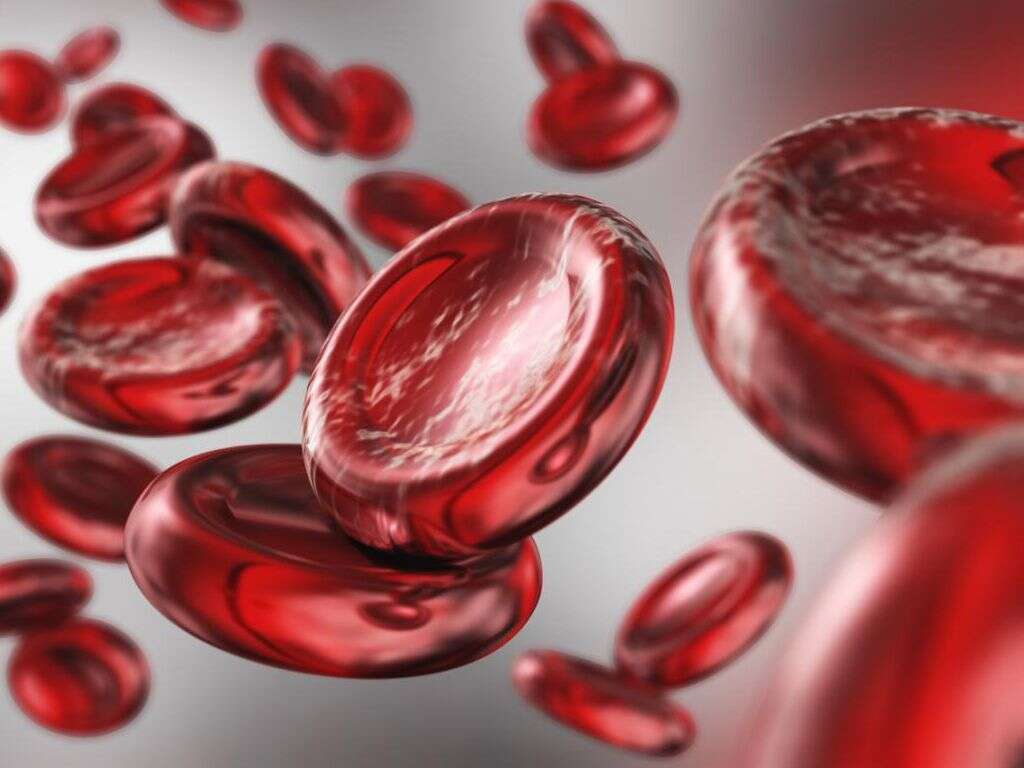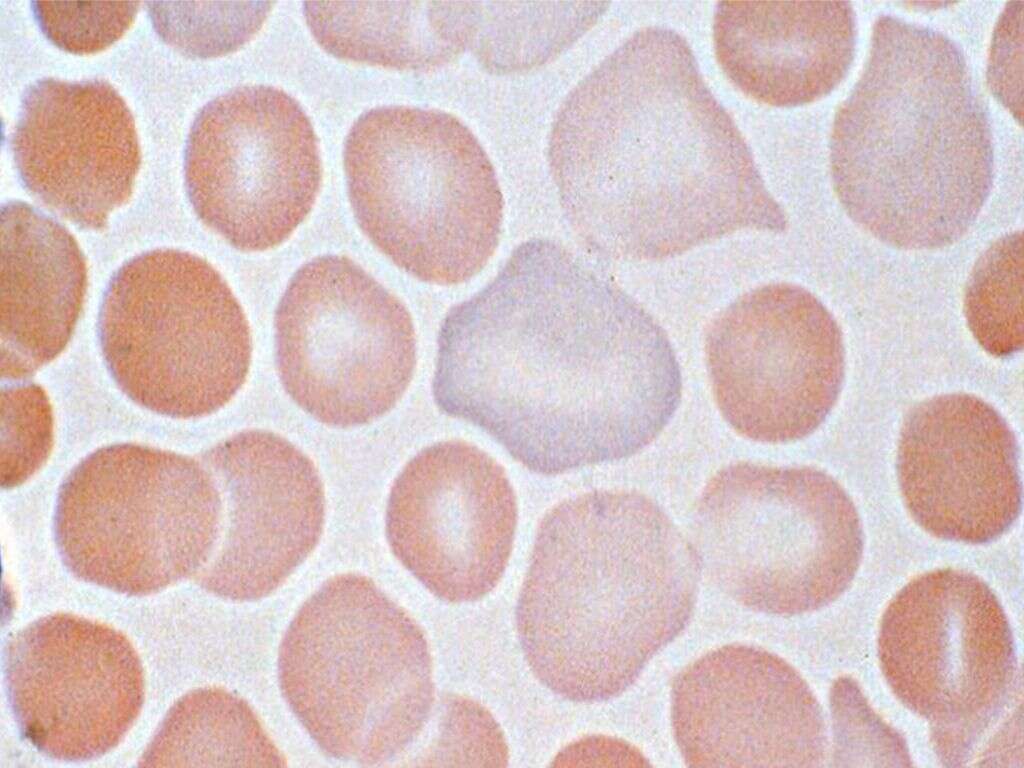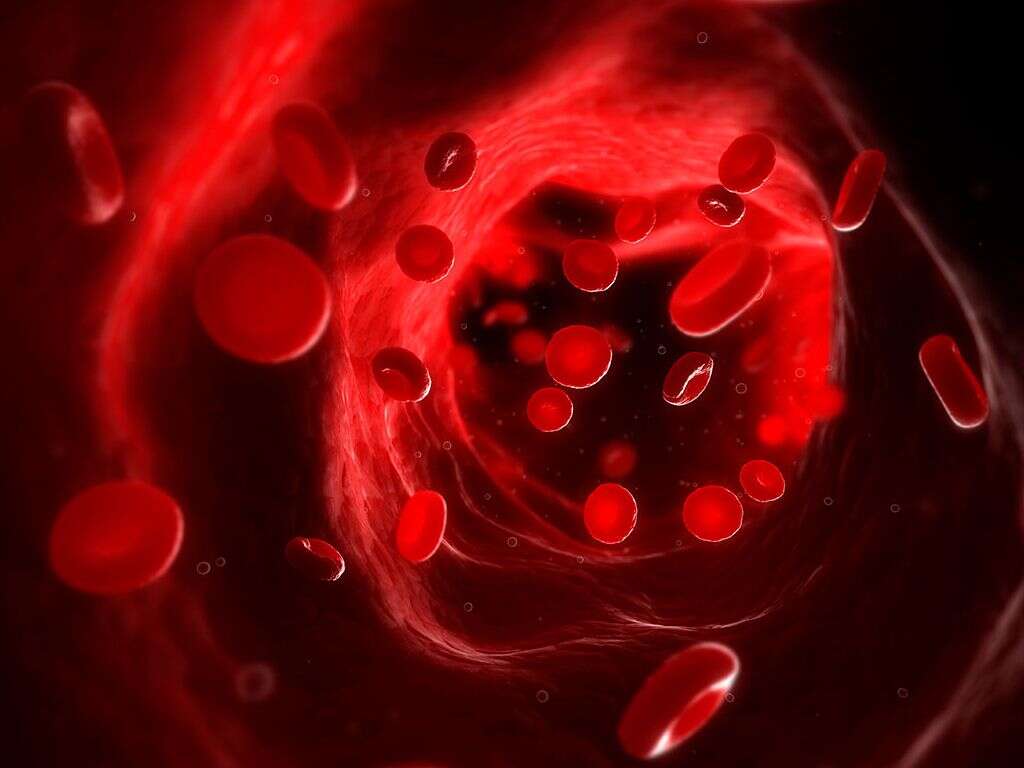10 Signs of Being Anemic
Our red blood cells perform a vital role in our body, allowing our blood to transport oxygen to where it is needed. They get their red color from the iron they contain, and the iron allows oxygen molecules to attach themselves to the red blood cells. Without these red blood cells, our body would simply suffocate.
Not having enough red blood cells in the body is a medical condition known as anemia. This can be down to various reasons including severe blood loss, improper red blood cell production, and a lack of iron in the patient’s diet.
Anemia can come with the following symptoms; however, anemia is often quite easy to treat, depending on the underlying cause.

Sign #1: Difficulty Concentrating
Even the simplest of tasks require a certain amount of concentration if they are to be done properly. This is not usually a problem for us, thanks to powerful brains that are capable of a mind-boggling number of computations every second. If the brain is not operating at its full ability, however, then concentrating can become harder than usual.
The brain needs a lot of oxygen to maintain its full functionality, and this is supplied by the blood. In cases of anemia, the blood is not able to carry as much oxygen as it usually would, and this will affect the brain’s ability to function.

Sign #2: Shortness of Breath
As our blood is pumped around the body, it carries oxygen to wherever it is needed. The blood will then continue to be pumped around the body until it has done a full circuit. It will return to the lungs, pick up more oxygen, and the cycle is repeated.
All this relies on our red blood cells that are able to carry the oxygen. If we don’t have enough red blood cells, or if there is not enough iron in the body, our blood is not able to carry as much oxygen as it usually would. This can leave us feeling out of breath as the body works to get more oxygen into the system.
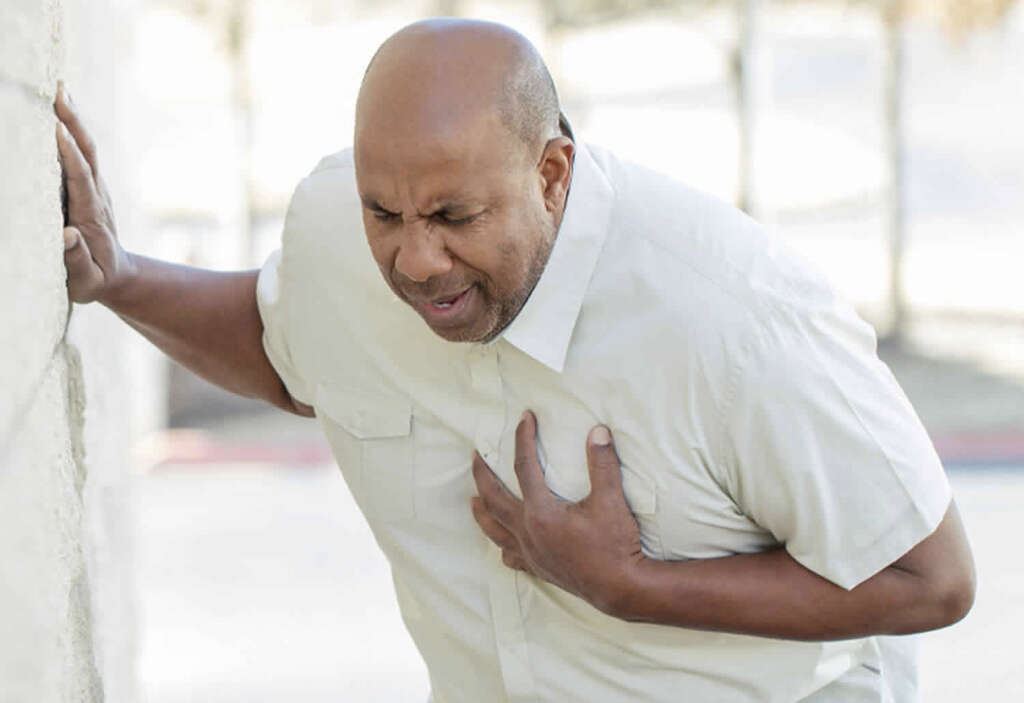
Sign #3: Lethargy
Have you ever had one of those days when you just can’t seem to get going? There are times when even the most energetic of people can feel lethargic for some reason. It might just be due to being run down or needing food or sleep, although it can also sometimes be down to certain medical conditions.
One condition that can leave people feeling lethargic is anemia. This is because the body needs oxygen in order to generate energy so, with less oxygen available, it can’t generate the energy that it needs. This can leave people feeling as though they just don’t want to do anything, and they may well choose to just stay in bed where possible.

Sign #4: Insomnia
Insomnia is a condition that can have a considerable negative impact on the patient’s quality of life. It doesn’t matter how tired the patient may be feeling, they can still have difficulties in getting to sleep. It results in being tired all of the time and this can affect their ability to function properly in their personal lives and in their professional lives.
Insomnia is a condition that some patients with anemia suffer from. It can be very frustrating for them as they toss and turn at night, unable to sleep. It can be even worse the following day as they are left feeling tired from their inability to sleep.

Sign #5: Rapid Heartbeat
Having a rapid heartbeat is not necessarily something that you should be concerned about. It usually occurs after some type of physical exertion as the body tries to meet the increased demand for oxygen. The heartbeat will usually return to normal once the body has had some time to rest.
If your heart is beating rapidly without a good reason, however, then it can be a sign that something is wrong. Indeed, it is a potential sign that you have anemia. The increased heart rate occurs because the lower concentration of oxygen in the blood means the heart has to work harder in order for sufficient oxygen to be pumped around the body.

Sign #6: Pale Skin
Do you know that some animals have purple blood? This is because, unlike us, they use copper or other elements to help them transport their blood. We use iron, which directly gives blood its deep red color. This redness also helps to give our skin a reddish glow, and people with anemia can lose this glow.
With fewer red blood cells having an effect on our appearance, we are likely to become paler than usual. Indeed, paleness is often what will alert medical professionals to anemia in the first place and the symptom is somewhat iconic of anemia. It is particularly noticeable in areas where the blood lies just beneath the surface, such as in the gums.

Sign #7: Dizziness
Our brains are very powerful organs. As with other powerful machines, they need to be fed with a lot of energy to keep them going. Where our brains are concerned, this means nutrients and oxygen. If the oxygen was lacking, then the brain would struggle to operate at normal levels.
Hold your breath for too long and you will soon begin to feel dizzy. This is because of the drop in oxygen reaching your body, and the same effect happens when people have anemia. With less oxygen in the blood, less is sent to the brain, so patients will often complain that they feel lightheaded.
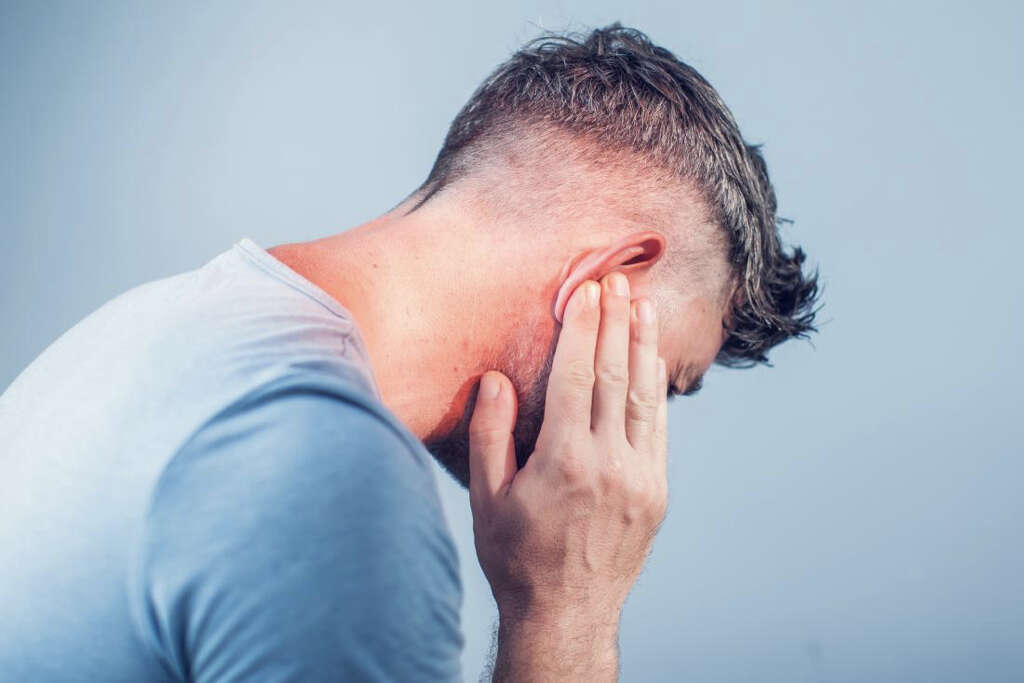
Sign #8: Koilonychia
The various nutrients and minerals that make up our food have different physical effects on our body. They help our organs and other body parts to function properly, and they also help to ensure that our body grows and repairs as it should do. If there is a deficiency of one or more of these components, it can have a profound effect on some parts of our body.
One potential symptom of iron deficiency anemia is koilonychia. This is a condition that causes our nails to grow flat rather than downward as they usually would. In some cases, it can even cause them to grow upward.

Sign #9: Angular Cheilitis
Cracked lips are often a problem when the winter comes around. Cold air causes the lips to dry out and crack, and this can be very painful to experience. Angular cheilitis is a condition that most often affects the corners of the mouth.
This condition is not always caused by the weather, however. It is sometimes caused by deficiencies of certain vitamins and minerals, including iron. It is not certain why this occurs, but it could be something to do with the immune system being weakened. It is something that is experienced by some people with iron deficiency anemia.

Sign #10: Headaches
Headaches are a very unspecific symptom but it is quite often associated with patients suffering from anemia.
It is a warning sign that your brain is not receiving enough oxygen to function properly. The pain is usually mild and doesn’t last very long. If you are suffering from headaches, you should seek medical attention for proper diagnosis.




